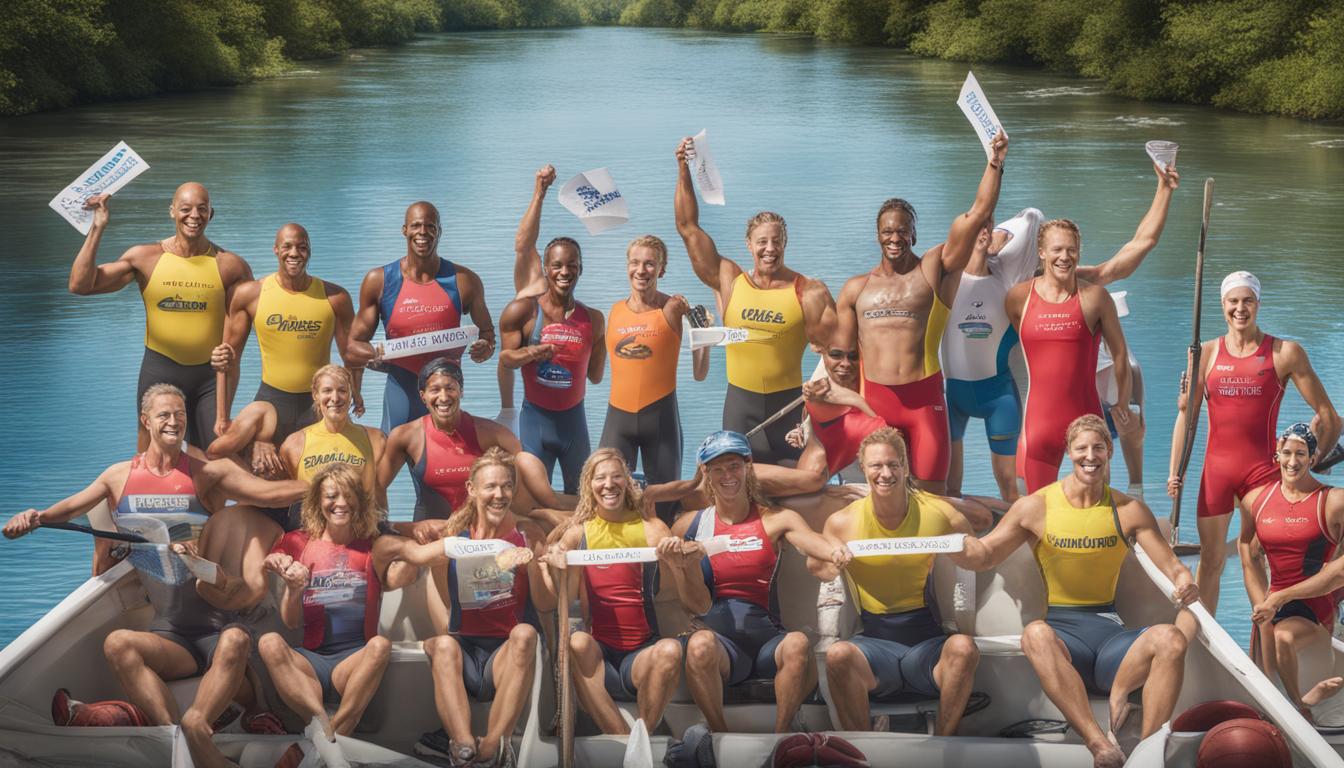Several UK water-based sports organizations, including British Rowing and British Triathlon, have formed the Clean Water Alliance to push for government action against pollution in water bodies. This new coalition aims to safeguard the health of athletes and the ecological integrity of British waterways.
Several UK water-based sports organizations have united to form the Clean Water Alliance, representing 450,000 athletes, amidst concerns about water pollution. This coalition, including prominent bodies such as British Rowing and British Triathlon, is advocating for significant governmental action to address pollution in the nation’s rivers, lakes, and coastal waters. The alliance was established following incidents such as the discovery of high levels of E.coli in the River Thames, which notably affected competitors during the renowned Boat Race.
The Clean Water Alliance calls for enhanced funding for regulatory bodies responsible for monitoring pollution, demands access to real-time water quality data, and proposes a shift in government policy. This shift would involve reclassifying ‘bathing waters’ to ‘recreation waters’ to emphasize the necessity of clean water beyond just bathing beaches. Additionally, the alliance underscores the need for increased accountability from water companies, with Dame Katherine Grainger of UK Sport stressing this point.
Further concerns were fueled by an Environment Agency report indicating a significant surge in raw sewage discharge into aquatic environments, suggesting an urgent need for improved regulations and infrastructure upgrades. In response, the government and industry sectors have discussed strategies to decrease sewage spills and substantially enhance water infrastructure, with targets set for a 40% reduction by 2030.
The Clean Water Alliance’s initiative underlines the critical importance of clean water not only for the health of athletes and public users but also for the broader ecological health of British waterways. The reinforced penalties for pollution, proposed by regulatory responses, aim to uphold the integrity of these environments crucial to numerous sports and recreational activities across the UK.













